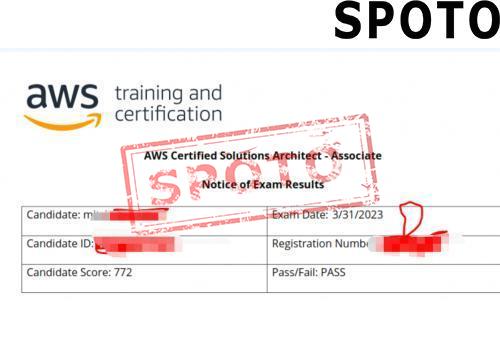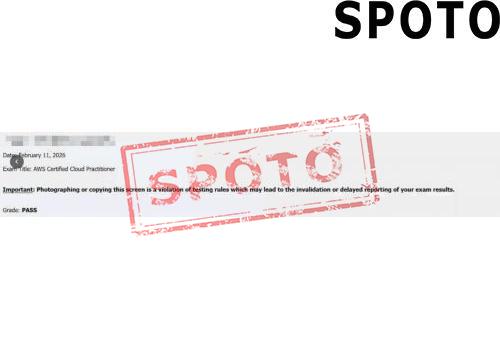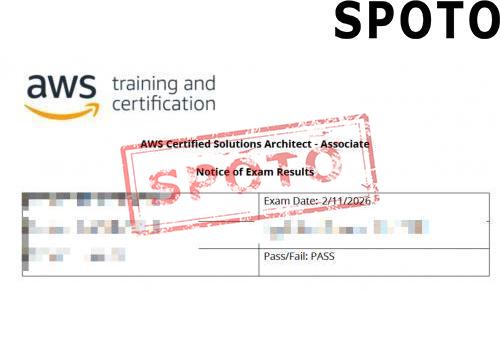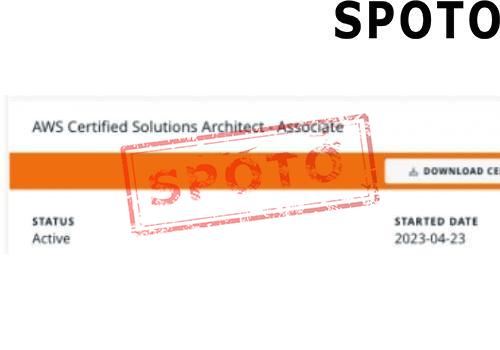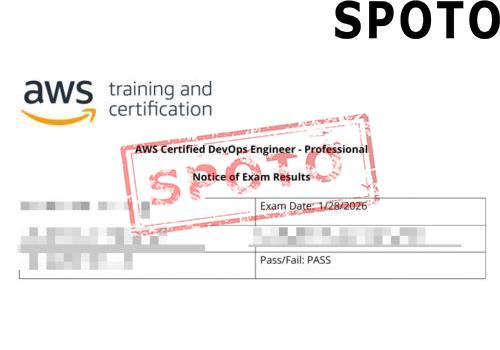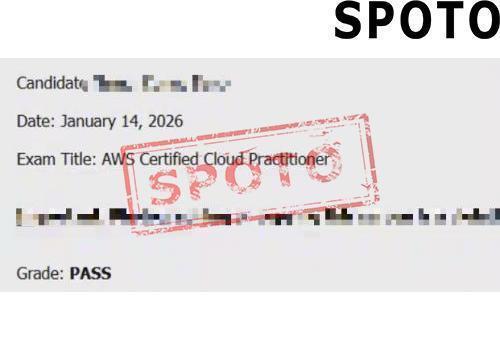
How crucial is a college education for an AWS career?

Are you thinking about working for Amazon Web Services (AWS)?
Good decision. Due to technological advancements and the chronic understaffing of the IT industry, jobs are being created much faster than they can be filled.
As a result, businesses are forced to compete fiercely with one another to recruit the talent they require in an ecosystem where specific abilities are in short supply.
The news is excellent for those looking for work. Nevertheless, rapid job development implies that qualified candidates frequently have their choice of positions. Additionally, as employers attempt to outbid their rivals, they are also experiencing wage increases.
When it comes to cloud technology of any kind, AWS is the undeniable industry leader, crushing its competitors in the competition for market share.

Given all of these elements, there has never been a better opportunity to profit from the cloud and start down the path to a lucrative career in AWS.
With the enormous variety of products offered by AWS, there is a place for everyone, whether they are transitioning careers, changing directions, or making their first foray into the workforce.
But do you need a degree to work in the AWS environment, and what are the requirements for success there? That is a significant concern for many aspiring AWS workers, and it is a problem that we will attempt to resolve today.
Community education inside the AWS
We frequently enquired about the educational backgrounds of AWS workers. We discovered that 39% of respondents had a master's degree or its equivalent, and 38% had a bachelor's degree or equivalent. 4% of people have an associate's degree, and 2% have a professional or doctoral degree.
Among the other responders, 9% have some college credits but no degree, while 3% have a technical or vocational certificate. The remaining 3% haven't pursued education past high school.
This indicates that a staggering 83% of AWS professionals who took the survey have earned a degree of some kind. Despite this, more than half (59%) think working in AWS without a degree is possible.
The advantages of receiving a degree
The most frequent justification for why a degree is helpful for those working with AWS revolves around giving talent non-technical skill sets before they specialize in AWS.
According to one respondent, a university degree offers additional skills and experiences that are also significant, "but AWS offers a certain technical level of ability."
A degree-level education can equip you with various non-technical abilities, such as working in teams, thinking critically, meeting deadlines, multitasking, and providing and accepting constructive criticism.
Another advantage of a degree for AWS fans, according to our survey participants, is that it shows a certain amount of dedication.
A degree is vital regardless of the organization one works for since it demonstrates the commitment to achieve a long-term goal.
Overall, 32% of poll participants believed that having a degree helped AWS employees advance in their cloud careers.
Is a degree required?
The abundance of learning options inside and outside of conventional educational institutions is the beauty of today's tech world.
For cloud fans looking to pick up new skills on their own schedule, many resources are available, including blogs, online courses, YouTube videos, user groups, and message boards. Additionally, AWS offers a sizeable free tier, allowing you to experiment for free with a variety of tools and services.
The general perception seems that a degree can open doors and give you fundamental abilities. Still, it becomes less significant as you gain experience and first-hand expertise using AWS in a professional context.
After a few years of work experience, it's possible that employers won't care as much about your degree any longer. Likewise, if you're just getting started in the field and don't have much real-world experience, a degree might fill in the skills gap until you can gain more experience.
Developing into a valuable AWS professional, regardless of education
Whatever path you choose to enter the AWS ecosystem, there are several highly desired qualities and abilities that hiring managers seek in their cloud employees. Whether you have a degree or not, the following essential skills will make you extremely useful in the AWS industry.
Certifications
AWS certifications are credentials you can obtain to demonstrate your proficiency with a particular field or product. Employers particularly value them because AWS directly grants them.
59% of those who responded to our study have an AWS certification, and another 18% are pursuing their first.
There are currently 11 certifications available, several of which don't require prior knowledge. Without a degree, you can get AWS credentials; you can study at your own pace and take the exam whenever you're ready.
Technically speaking, AWS certifications are fairly in-depth; most are created for professionals with prior experience working with the technology. However, the AWS Certified Cloud Practitioner accreditation is a helpful first step and takes about six months of essential AWS Cloud and industry knowledge to achieve.
Certificates are not a sure way to land a job in AWS, but they can be a great addition to your resume; 90% of people with certifications think they increase their marketability. Additionally, they make it simpler for hiring managers to categorize the talents listed on your resume. Because of this, 84% of respondents think that having an AWS certification makes a person stand out in a crowded employment market.
Conclusion
You can seek assistance from SPOTO if you want to fully prepare for the AWS and strengthen your competitive edge in the IT sector. SPOTO offers helpful online courses that can help you prepare for your certification. Kindly click it!





